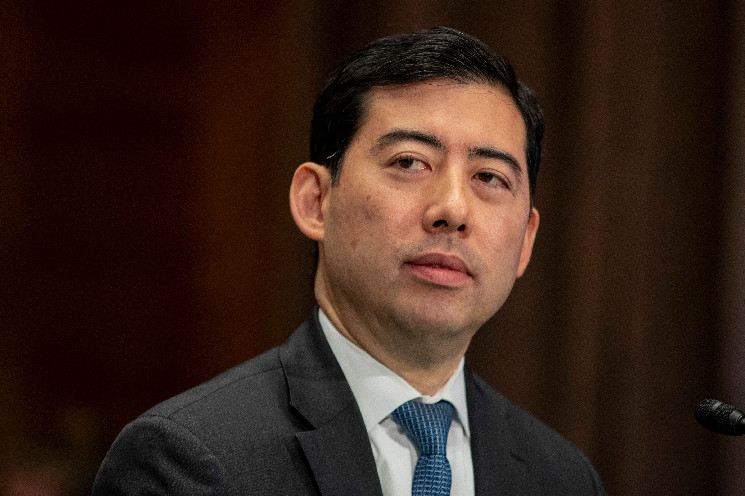The cryptocurrency industry is experiencing a period of transition as financial agencies make significant policy changes under the Biden Administration. While the focus of the crypto sector is on the political developments in the White House and Congress, regulatory agencies are quietly reshaping the landscape for digital assets.
The Securities and Exchange Commission (SEC) is at the forefront of these changes, with acting leaders making decisions that signal a shift in the agency’s approach to cryptocurrencies. The recent roundtable discussion on crypto securities is shedding light on the SEC’s evolving stance, creating a path for future regulation.
Adam Pollet, a securities lawyer, describes this moment as a reset for the industry. The SEC has reversed several enforcement actions against crypto companies, indicating a more permissive attitude towards digital assets. However, this shift has left a policy vacuum as the agency awaits permanent leadership and legal guidance.
The SEC’s withdrawal of controversial rules, such as SAB 121 and the crypto rulemaking proposal, has been welcomed by the industry. These decisions have opened doors for crypto platforms and projects to operate more freely. Additionally, the SEC’s statements on memecoins and its permissive approach to crypto assets are providing clarity to industry participants.
Meanwhile, the Commodity Futures Trading Commission (CFTC) is exploring a pilot program on stablecoin-backed tokenization under Acting Chair Caroline Pham. The agency is awaiting confirmation of former Commissioner Brian Quintenz, a known advocate for crypto, as its chairman.
Banking regulators, including the Office of the Comptroller of the Currency and the Federal Deposit Insurance Corp., have also relaxed restrictions on banks engaging in crypto activities. This shift in policy reflects a broader mandate for crypto regulation across various agencies.
Despite these developments, the crypto industry faces uncertainty due to the lack of clear federal guidance on digital assets. State regulators and federal court rulings on securities laws continue to shape the regulatory landscape. Congress will ultimately need to establish a standard for crypto regulation.
As the industry navigates this period of transition, stakeholders are looking to the SEC for leadership on defining crypto assets as securities. With new leadership on the horizon, including the nomination of Paul Atkins as SEC chairman, the industry anticipates a thoughtful and steady approach to crypto regulation.
Overall, the evolving regulatory environment presents both challenges and opportunities for the crypto industry. By engaging in constructive dialogue and working towards regulatory clarity, stakeholders can pave the way for a more stable and sustainable future for digital assets.

